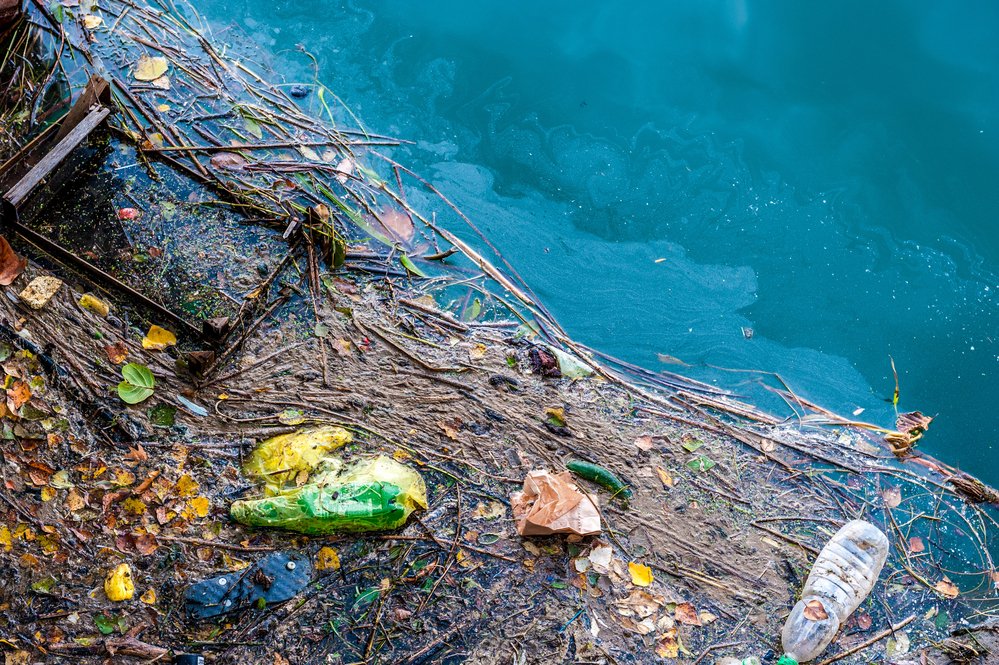
Introduction:
The issue of water pollution has emerged as a significant challenge in India, with far-reaching implications for various sectors, including storage practices. The contamination of water bodies, stemming from industrial effluents, agricultural runoff, and improper waste management, has compromised the quality and availability of water resources. Businesses and communities must now grapple with the need to invest in advanced filtration systems, secure storage facilities, and comprehensive monitoring protocols to mitigate the risks posed by polluted water.
Effects of Water Pollution on Stored Water Quality:
Water pollution adversely impacts the quality of stored water in various ways. Contaminants such as industrial effluents, agricultural runoff containing pesticides and fertilizers, untreated sewage, and solid waste disposal leach into water sources. When stored, these pollutants can infiltrate water tanks and reservoirs, leading to microbial contamination, chemical hazards, and unpleasant odours and tastes. This compromised water quality poses serious health risks to consumers, contributing to waterborne diseases like cholera, typhoid, and diarrhea, which are prevalent in many parts of India.
Moreover, the presence of heavy metals and toxins from industrial discharge can accumulate in stored water over time, posing long-term health risks, especially in communities relying on untreated or inadequately treated water sources.
Solutions for Mitigating Pollution Impact through Proper Storage and Filtration:
Addressing the impact of water pollution on storage practices requires a multifaceted approach:
Use of Proper Storage Tanks: Implementing durable and non-corrosive storage tanks made from materials like stainless steel or food-grade plastics helps minimize contamination risks compared to traditional materials prone to leaching harmful substances.
Regular Maintenance and Cleaning: Establishing protocols for regular cleaning and maintenance of storage tanks is essential to prevent the buildup of sediment, biofilm, and pathogens that degrade water quality. Periodic disinfection using safe and approved methods further ensures stored water remains potable.
Filtration and Treatment Systems: Installing effective filtration systems such as activated carbon filters, ceramic filters, or reverse osmosis units at the point of use or storage entry can remove contaminants and improve water quality. These systems are particularly beneficial in areas where pollution levels are high and access to clean water sources is limited.

Community Awareness and Education: Promoting awareness about the importance of clean water storage practices and the risks associated with polluted water is crucial. Empowering communities with knowledge on proper sanitation, hygiene practices, and the use of appropriate storage containers fosters a culture of water safety and health.
Policy and Infrastructure Development: Strengthening regulatory frameworks to monitor and control industrial discharge, agricultural runoff, and sewage disposal is imperative. Investing in improved wastewater treatment infrastructure and promoting sustainable agricultural practices can significantly reduce the pollutants entering water sources and subsequently affecting storage practices.
Conclusion:
Addressing water pollution’s impact on storage practices in India requires a coordinated effort involving government interventions, community engagement, technological advancements in filtration, and sustainable practices in agriculture and industry. By adopting these measures, we can safeguard the quality of stored water and mitigate health risks associated with waterborne diseases, ultimately ensuring access to safe and clean drinking water for all.


